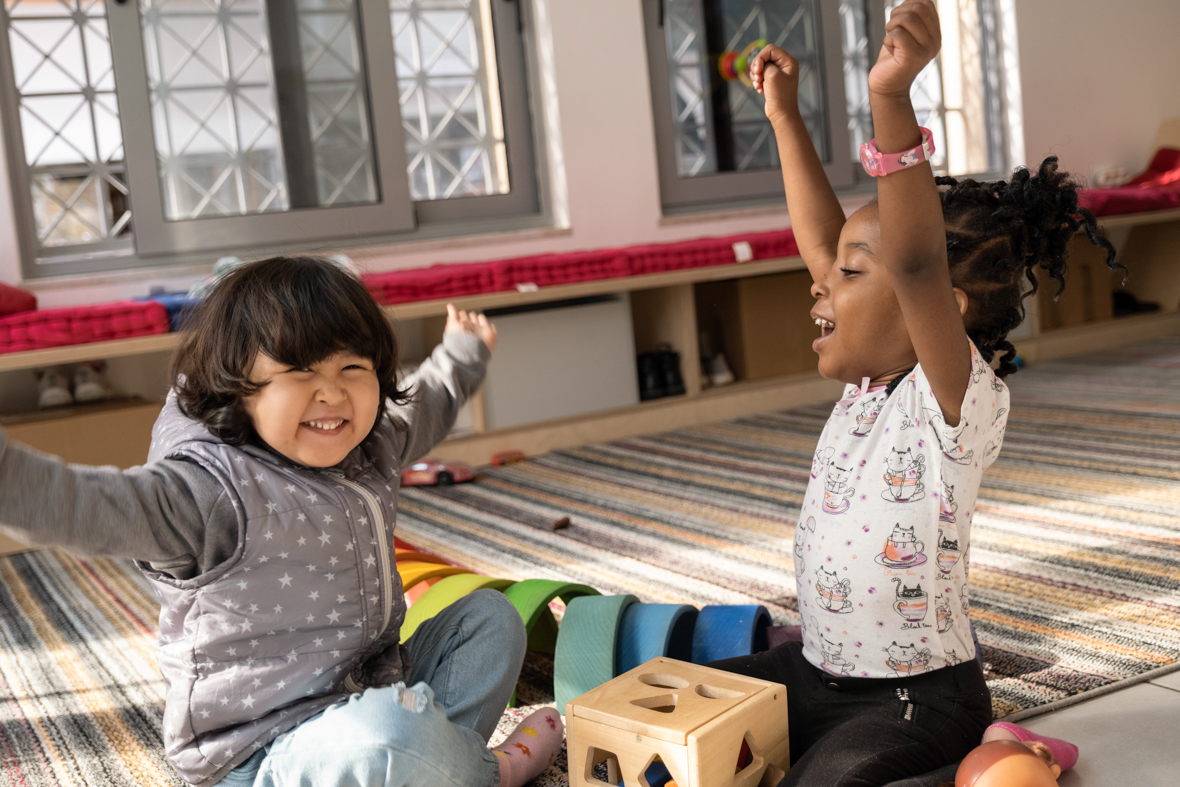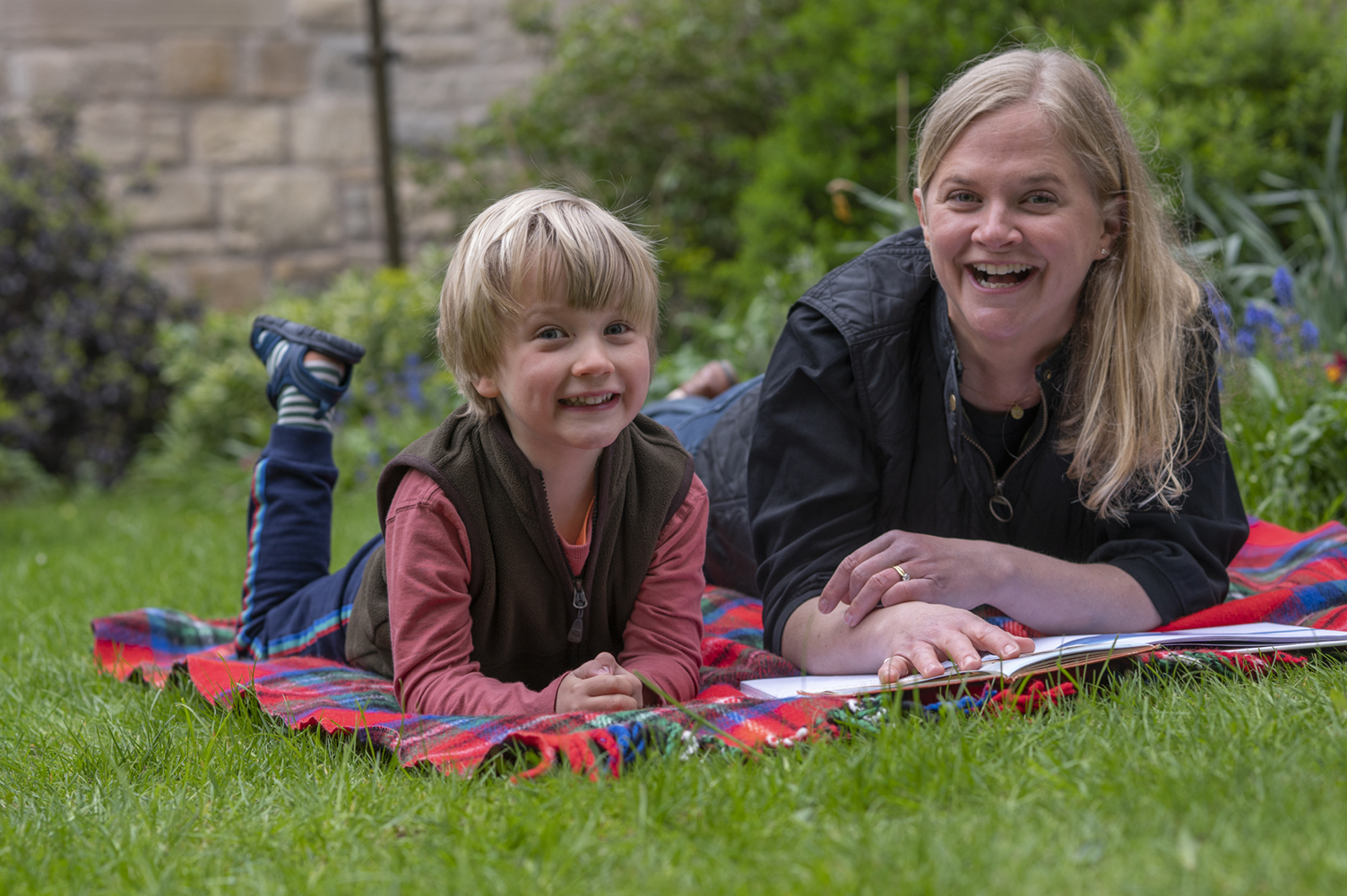
Theirworld Edinburgh Birth Cohort
About the project
Challenge
15 million children each year are born preterm (before 37 weeks), but we lack insight into the causes of early birth and we need more treatments for its related conditions. It means too many children who are born early die, or grow up with their brain development affected.
Approach
The Theirworld Edinburgh Birth Cohort is a world-first study in which researchers from the Jennifer Brown Research Laboratory monitor the progress of 400 babies, both premature and full term, from birth to adulthood.
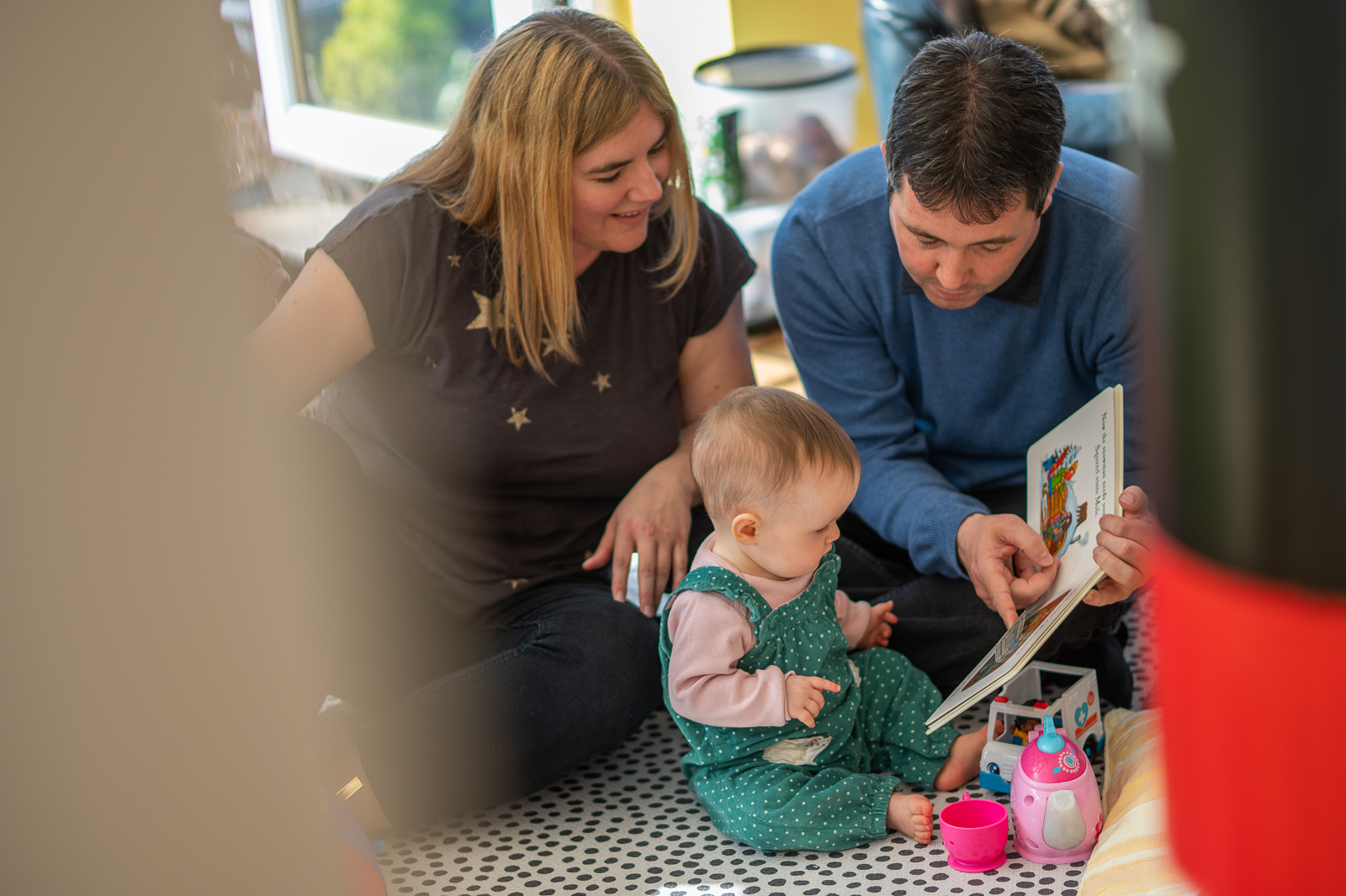
The first study of its kind
Being born too soon or too small can have a major impact on a child, and not just in their early years. Yet even with 15 million premature babies born each year, we still lack insight into why it happens or an understanding of how to help children who experience resulting developmental difficulties. Researchers from the Jennifer Brown Research Laboratory at the University of Edinburgh in Scotland are examining the effect preterm birth has on the brain – and how they can improve the future outcome of preterm infants. One way they are doing this is through the Theirworld Edinburgh Birth Cohort: a 25-year research programme monitoring the progress of 400 people, from babies to adulthood. The study is the first of its kind anywhere in the world. Some children in the Cohort were born prematurely, and some were not; comparing their cognition at regular intervals will enable researchers to determine factors that affect long-term development. By shining a light on the causes of developmental issues linked to early labour, scientists and clinicians aim to bring us closer to being able to treat them.
Many families feel that even if we can’t solve issues for their children, the fact that the work we are doing now could help another baby and family in the future drives them. They are helping to save lives.Professor James Boardman, Scientific Director of the Jennifer Brown Research Laboratory
 Play/span>
Play/span>Video
Theirworld Edinburgh Birth Cohort
A world-first research programme monitoring the progress of 400 babies – both premature and full-term – from birth to adulthood over 25 years.
Groundbreaking discoveries
One of the discoveries the Theirworld Edinburgh Birth Cohort has already enabled is that the architecture of the brain that supports an adult’s intelligence is actually already established at the time of birth. But being born early can mean a baby’s brain architecture is altered. If a preterm baby goes on to have learning difficulties when they’re older, they can be offered the support they need. But one thing the Cohort’s researchers want to investigate is whether such difficulties can be detected, and possibly treated, earlier in a child’s life. Such potentially groundbreaking discoveries could benefit millions of people. A research programme of this nature would be impossible without the generosity and commitment of the families who take part. Their willingness to give their time, and to allow their children to be scanned by the Laboratory’s MRI machine, means the study gains vital data which will save and improve the lives of others. The pioneering research of the Theirworld Edinburgh Birth Cohort further validates Theirworld’s determination that early years education and development deserve a level of attention and funding beyond what they currently receive. By gaining scientific insight and striving for progress, we take a step closer to giving every child the best start in life.
Donate today to help us ensure that all children are brought into the world happy and healthy.
Our Partners
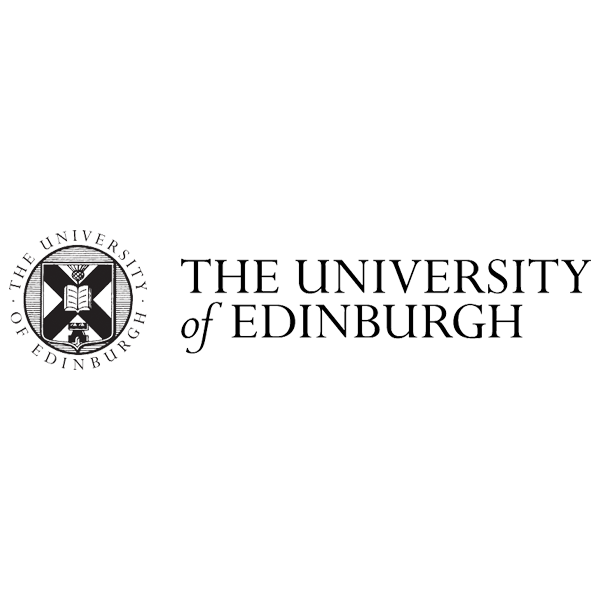
The University of Edinburgh
One of the world’s leading universities, Edinburgh collaborates with prominent institutions in fields as diverse as e-science, engineering, life and medical sciences, and arts and culture
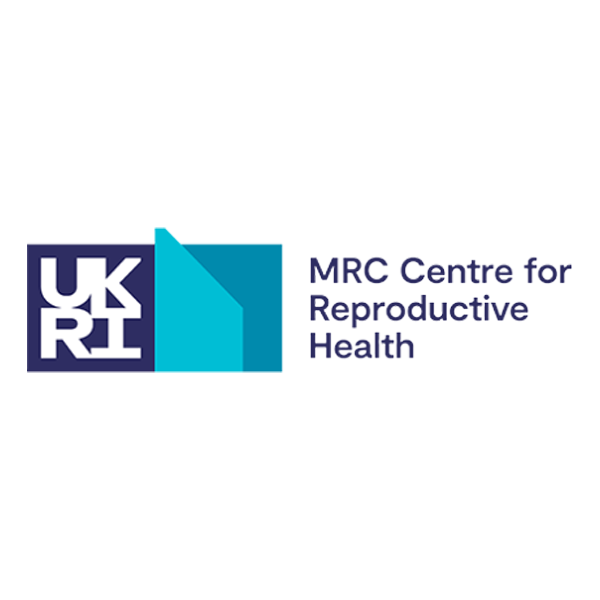
MRC Centre for Reproductive Health
The only research centre funded by the Medical Research Council (MRC) that focuses exclusively on reproductive health.
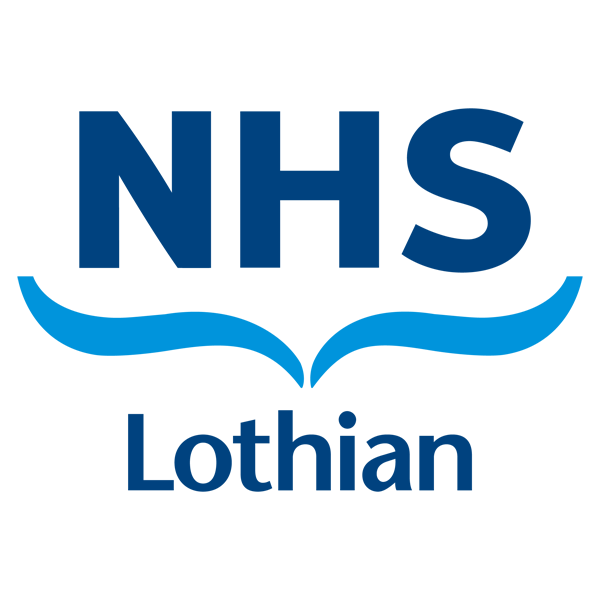
NHS Lothian
NHS Lothian is the UK’s second-largest Health Authority, and hosts the Simpson Centre for Reproductive Health at the Royal Infirmary of Edinburgh.
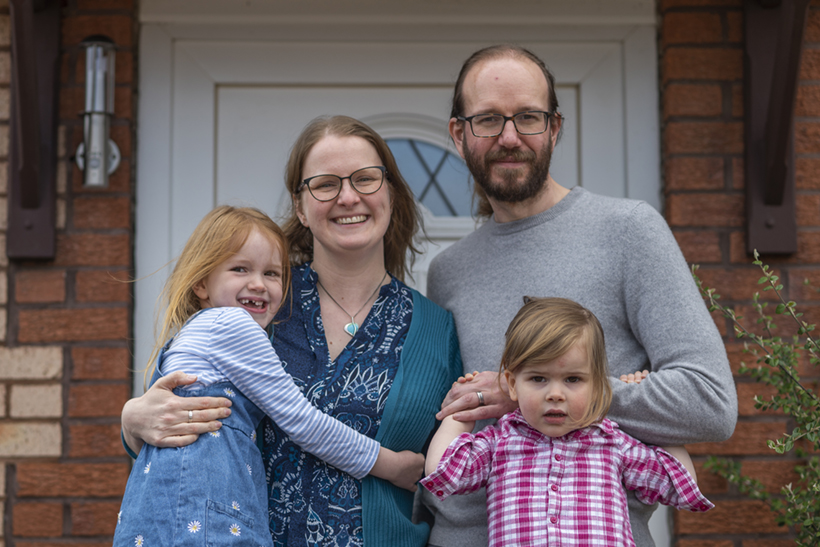
Resources
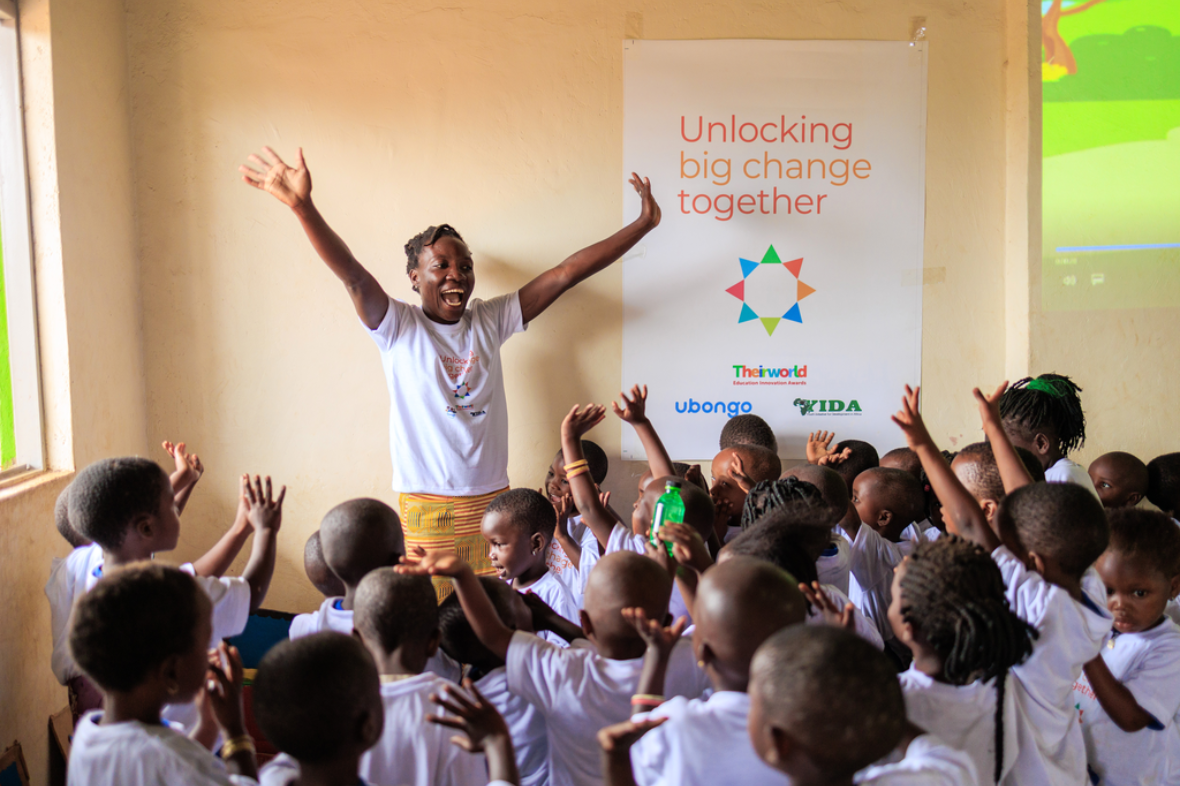
Reports
A turning point? An updated scorecard on donor funding to Pre-primary Education
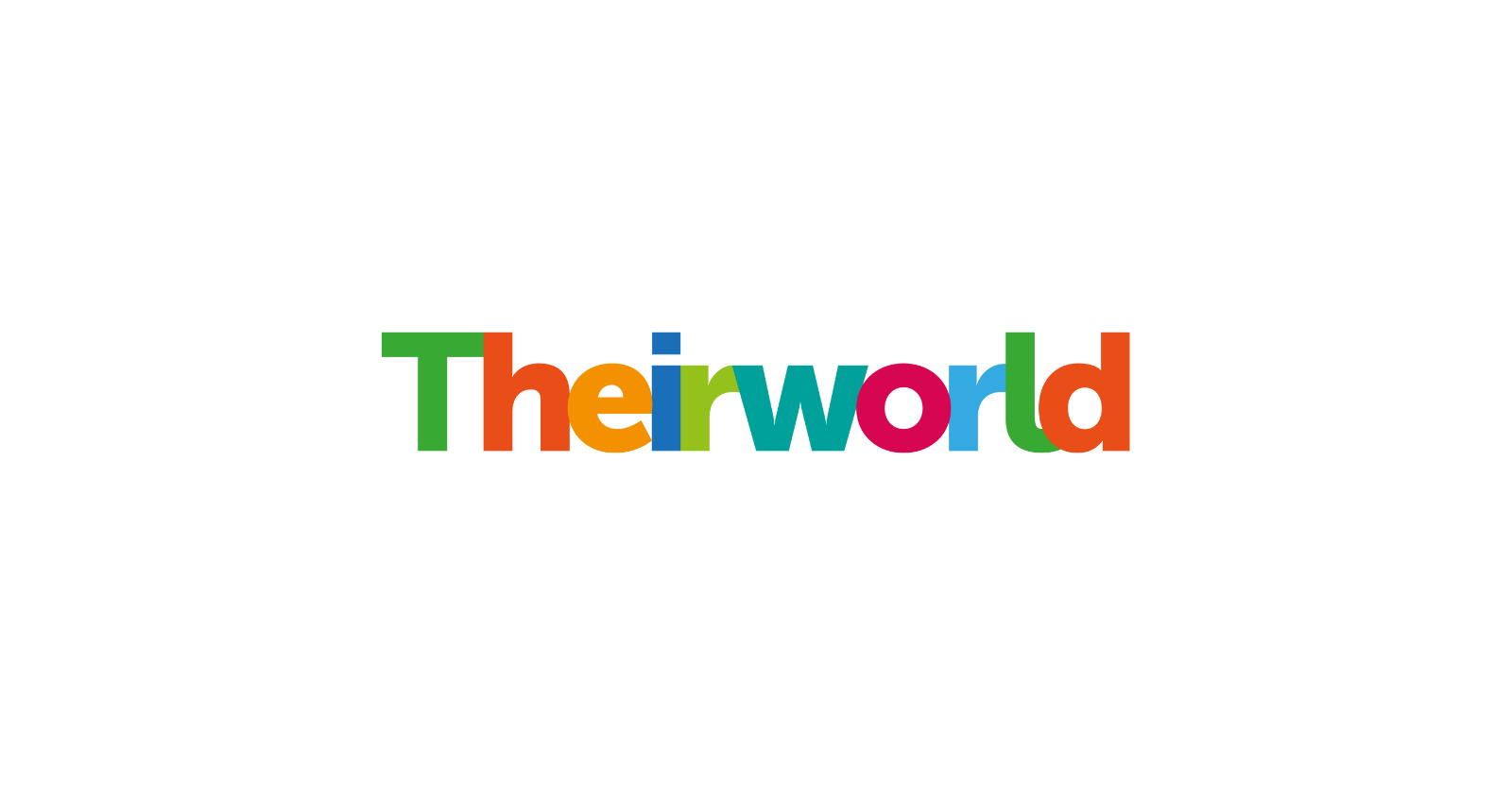
Reports
Left behind from the start: How governments and donors are failing children with disabilities in their early years (July 2018)
News
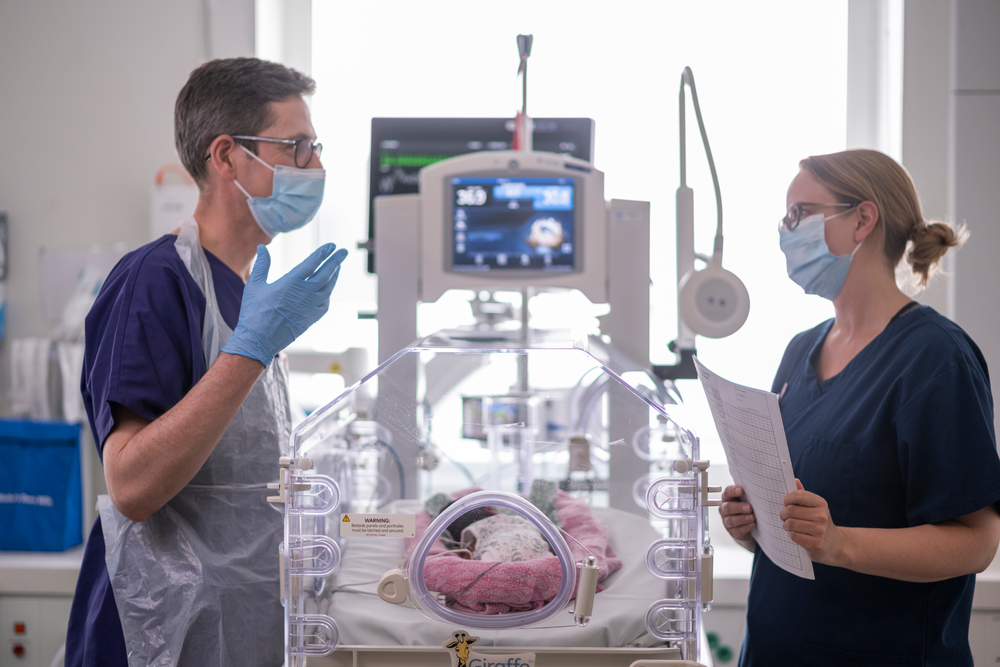
Powerful film spotlights 20 years of helping to save premature babies
